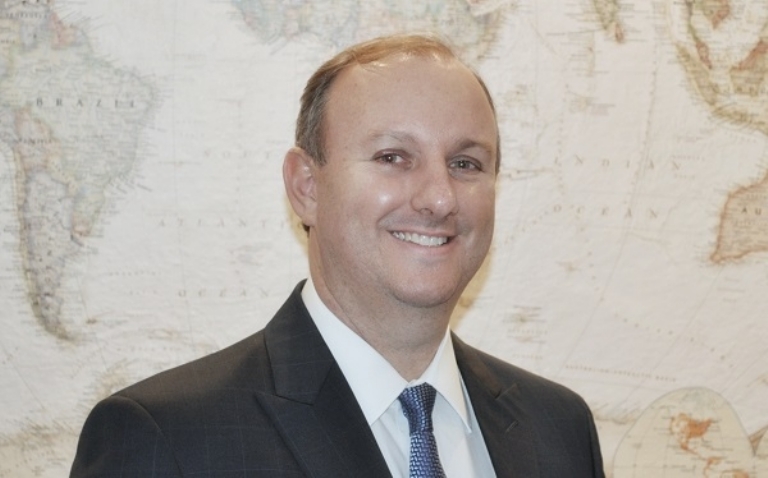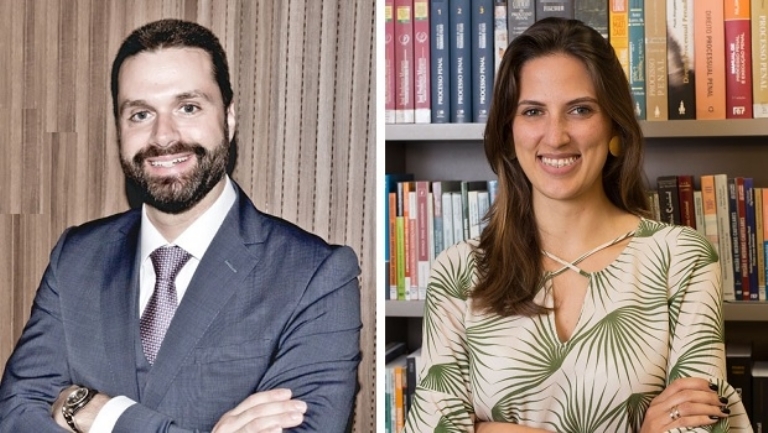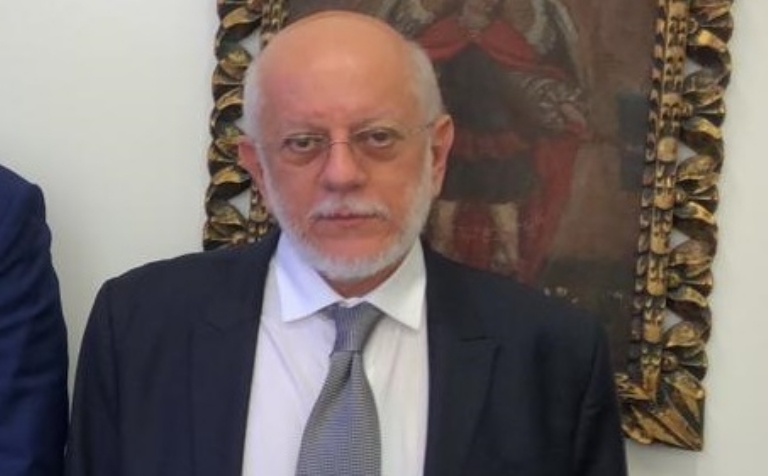


Just two weeks after the main industry conference, ICE London, the Brazilian Federal Government, which unfortunately was not present at that event, surprises the market with a real turnaround in the regulation of Law No. 13,756 / 18, which legalized, as a lottery, the fixed-odd sports betting.
Contrary to everything that had been announced so far by SECAP, which in 2019 confirmed the adoption of the “authorization” model, with no limit on the number of licenses, healthy to regularize the presence of operators who have been accessing the Brazilian market for years and to create a true competitive environment, it now announces the “concession” model, with a limited number of licenses. The change of course seems to have been due to the position taken by the PGFN, which apparently does not seem to have been involved since the beginning of the process.
The text of the decree made available now for a new public consultation is lame and fails to address several important issues, such as, for example, the minimum grant amount and the financial reserve that operators should maintain (there are rumors that the latter, initially established in R$ 6 million in the text presented in 2019, could reach values between R$ 18 million and R$ 30 million) that will remain for the public notice and the draft of the contract. Without these documents it is very difficult to predict the way forward. This creates a feeling of insecurity and great frustration in the market, giving the impression that Brazil is unable to engage the appropriate march to move forward.
However, one of the few positive points, perhaps, in the realization of a real bidding for the concession, is the possibility of operators (either individually or in consortium - which could potentially allow local groups to associate with foreign operators) to stop having to initially set up a local subsidiary to participate in the event, since the Brazilian company should only be incorporated before signing the concession contract. This is interesting to the extent that many foreign operators interested in entering the Brazilian market or regularizing their presence here had started to take steps to set up their Brazilian subsidiaries to be ready to apply for the authorization announced in 2019.
We hope that this public consultation round can influence the Federal Government to step back in its decision to radically change the business model designed for the market of fixed-odd sports betting operators, remembering also that it would be opportune for the Federal Government to use the presidential decree to ensure that the spirit of Law No. 13,756 / 18, in the sense that bets can be placed on any sport in the real world and not just football, as appears to be in the text of the draft decree, is maintained.

The text of the decree that will regulate fixed-odd betting in Brazil was submitted to the third public consultation by the Ministry of Economy last Monday (17), and presents some news in relation to its last edition. The main one - and undoubtedly the most controversial - is the provision of a limit for the granting of licenses to explore the activity.
The proposal is that, through a competitive bidding process, up to 30 (thirty) authorizations are granted to entrepreneurs who strictly observe the legal requirements, with emphasis on the requirements related to the processing of personal data (in view of the Law General Data Protection - LGPD, which will come into force in August this year) and crime prevention.
In view of the increased competition proposed by the future decree, the operator will succeed in demonstrating good faith in preventing crime and taking care of confidential business information. For the cautious, therefore, the scenario will be favorable. The success in demonstrating excellent compliance, information security and personal data governance programs will be competitive differentials in the face of the bidder's scrutiny in the betting market.
The concepts, which have attracted attention and investment around the world, seem tailor-made for those who aim to mitigate risks and simplify the range of obligations required by the rules that regulate the sector. In a short time, it is possible to design internal policies that are personalized and in line with the requirements of the LGDP and other related regulations, which guide the implementation of a set of good practices and internal controls, aiming primarily to reduce the possibility of non-conformities and generate documentation that facilitates the inspection by the competent public agents.
Well-made data governance and compliance programs will perform in any size and type of business organization, as long as they engage all people impacted by the project and facilitate the traceability of data produced by internal operations. Hence the indispensability of good (and accessible) resources of Information Technology - IT, allied to strategically incorporated tools, which together will be able to enhance the practices cultivated within the corporation.
All this structure will serve as a competitive differential in the bidding process in question and will show the good practices that can exonerate the entrepreneur from the obligations of compliance and prevention of crime and illicit acts, thus unveiling the harmony between the company's behavior and the demands of the future law.

Another draft decree is presented for public discussion. Initially, it seems difficult to demonstrate the need for a minimum "pay out", in a "bank" game of fixed bets. It is known that in this field there is a fierce competition, where customers compare the "odds" between the various specialized sites. The protection of a good “pay out” will be in the hands of the market itself left to its own dynamics.
As a result of the previous question, it seems to me that one wants to repeat an old mistake in maintaining the definition of public service for this type of betting. Will we keep what has gone wrong for decades? With this guidance, we will necessarily have the format of a concession preceded by a bidding process, limiting the national market to 30 companies. In a healthy perspective of a market economy, we will be here defining 30 sports betting offices. It seems clear to me that this is an economic activity and should be treated as such. The authorization model, even if it is precarious, implies that, once the requirements foreseen in the regulations for its operation are fulfilled, the company's operation cannot be refused. As for the collection, the public power may implement it through an authorization fee, where the volume of companies will compensate for eventual loss of the values of a limited and notarial grant.
There is no reasonable precedent for the need to alert consumers to risks in advertisements. This will affect, even if indirectly, the benefits that clubs can gain from advertising the brands of companies. In fact, today this is already happening in the country.
The establishment of taxation deserves a more refined reflection, especially in consultation with competitors. We must be alert to the judgment, now in March at the STF, where the "billing" of bets on horse racing will be appreciated, with the risk of using as a basis of calculation all the wagering bets without excluding the prizes. If this happens, we will have a precedent that could make the activity unfeasible. So, I understand that the problem of taxation must be analyzed very carefully.
I believe that public conduct is the time to discuss all these aspects of the proposal.

Sports betting accounts for more than 40% of global gaming revenue worldwide, which is more than any other game (including lotteries, casinos, poker and other forms of gambling). According to the latest forecasts by market research firm Technavio, the global market is expected to grow by 8.62% per year from 2018-2022.
In the wake of the vast majority of countries, Brazil is moving towards regulating this type of betting that has been imposing itself as a reality and advancing at a speed that is not the same as that of the regulatory and control bodies of the various governments.
Public authorities when dealing with the issue of gambling and betting have, in general, three main objectives:
• Put this economic activity under the control of public authorities;
• Adoption of rules of transparency, integrity and consumer protection;
• Collection of taxes
The intelligence in considering these objectives is what will measure the success of the assignment.
In the present case, we have some observations that we consider pertinent:
The contributions established in Law 13.756 of 6% (six percent) and 3% (three percent) of Gross Betting Revenue for the physical and virtual betting segments, respectively, are excessively onerous, as they affect gross revenue and not on net revenue, where the paid prize money is deducted, especially for bets taken by physical ways that have high costs for installations, distribution, logistics, etc.
A good tax burden will result in a greater possibility of achieving the three objectives mentioned above.
Another point that we know is relevant for achieving these objectives is the grant model.
The concession, which is the most complex of those provided for in the Brazilian standard, is announced. It has a slow and bureaucratic qualification and contracting process, in addition to making it difficult to adapt the contracts resulting from the reality of its execution. Simpler forms, such as permission or authorization, might be more recommendable.
Another point I would like to comment on is the establishment of a number of 30 grants. For a market with the dimensions of the Brazilian, this number would result in a concentrated market, certainly focused on the virtual modality, with difficulty in reaching the large volume of existing operations, and, consequently, objectives 1 and 2 mentioned above.
Source: Exclusive Games Magazine Brasil